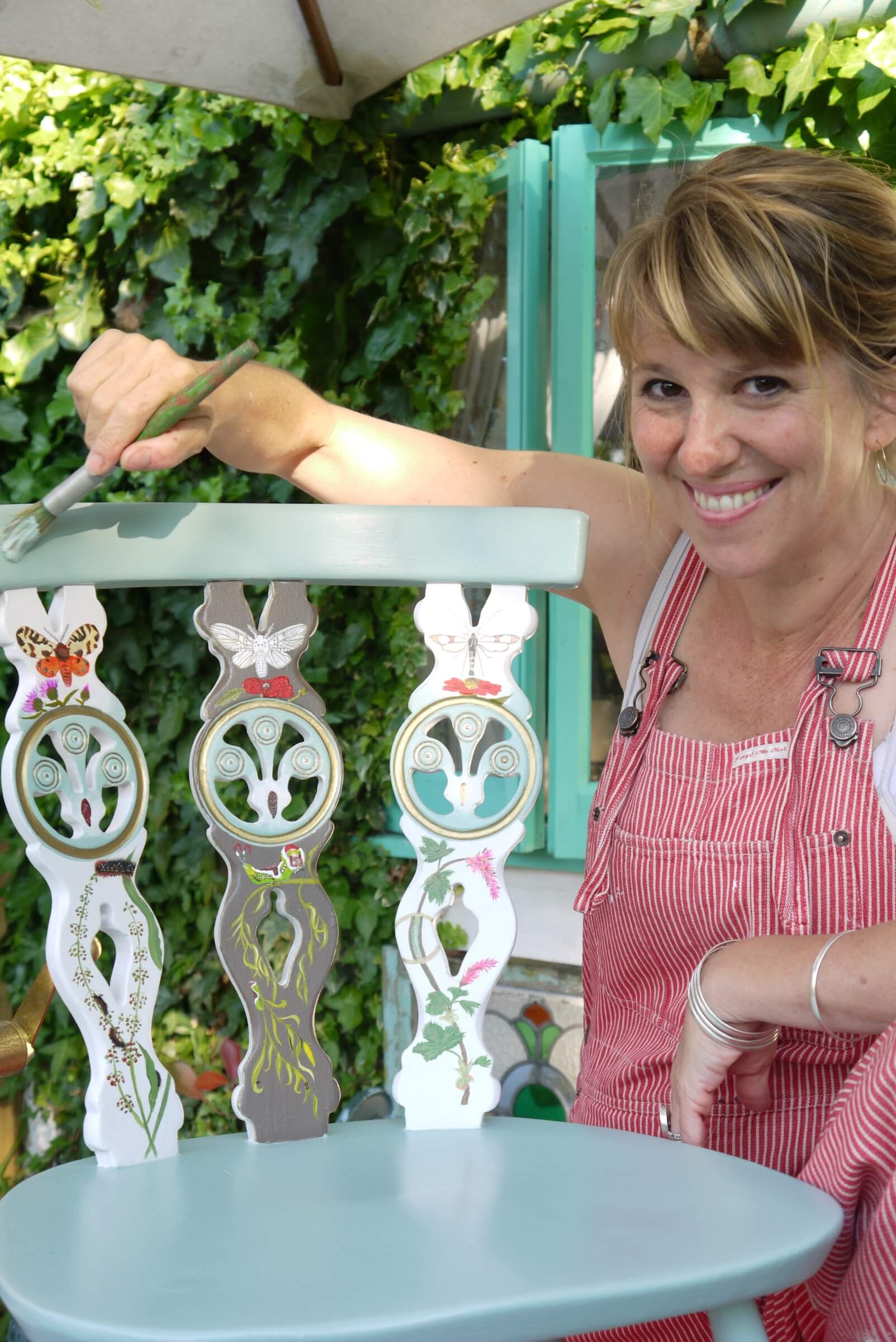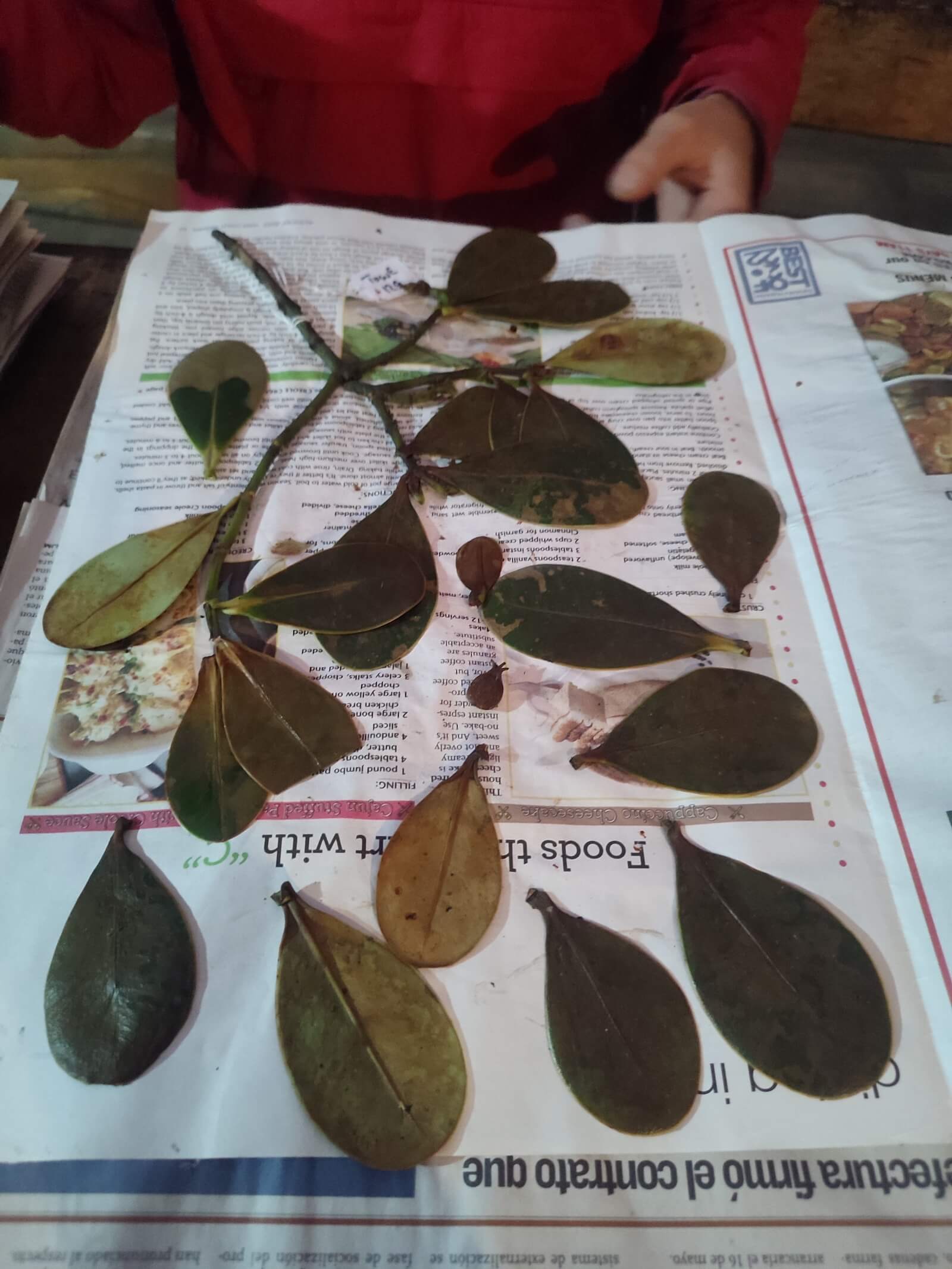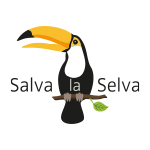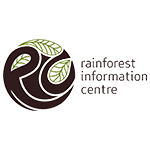by Monserratte Vásquez
Share
Earlier this month in August, we had an important and fun visit by a class from the Isla Santa Isabel Educational Unit from the local community of San Miguel de Chontal, who planned an excursion to the Los Cedros Protected Forest.
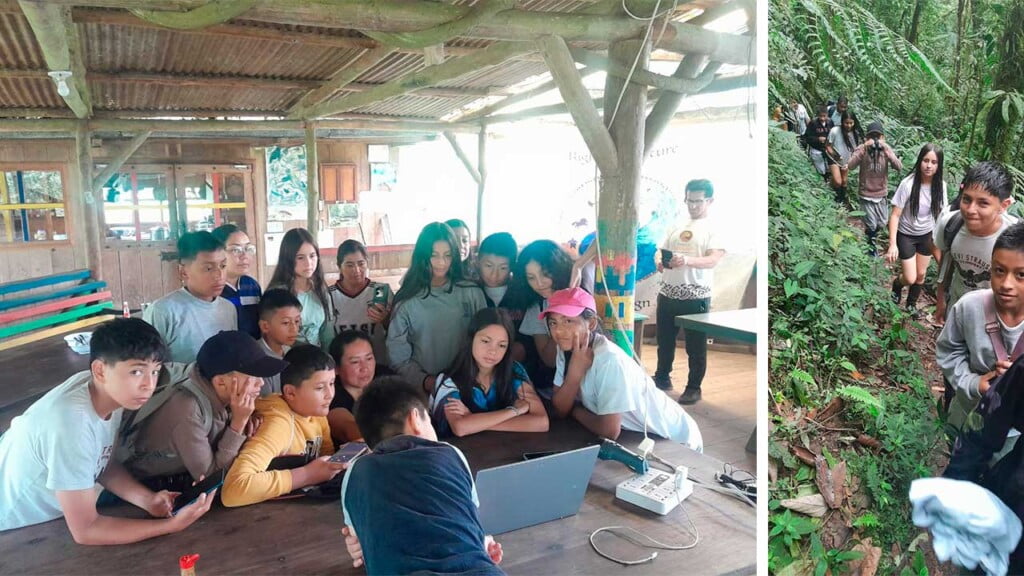
The students and teachers began their journey very early from the Magdalena Alto community to the Scientific Station. They were joined by local forest rangers, who shared their vast field experience and knowledge about the dynamics of the forest and the biodiversity.
Once they arrived at the Station, they enjoyed a snack and a talk by members of the working team about the history of the Los Cedros Forest and Scientific Station, the legacy of founder Josef DeCoux (+), as well as the ecological value and incredible biodiversity of the forests in the Tropical Andes. Also, they observed footage of mammals taken by wildlife cameras set up strategically in the forest.
They continued their journey, entering even further into the impressive forest, where they witnessed birds, spider monkeys, bugs of various colors and sizes, and different types of trees and flowers. Culminating with a dip in the Los Cedros River’s “pozo de miel” (well of honey).
The excursion closed with the students preparing a narrative report of their findings and experience. For the majority of them, this was the first time exploring a primary forest, the same one providing water and innumerable benefits of a healthy ecosystem to their communities.
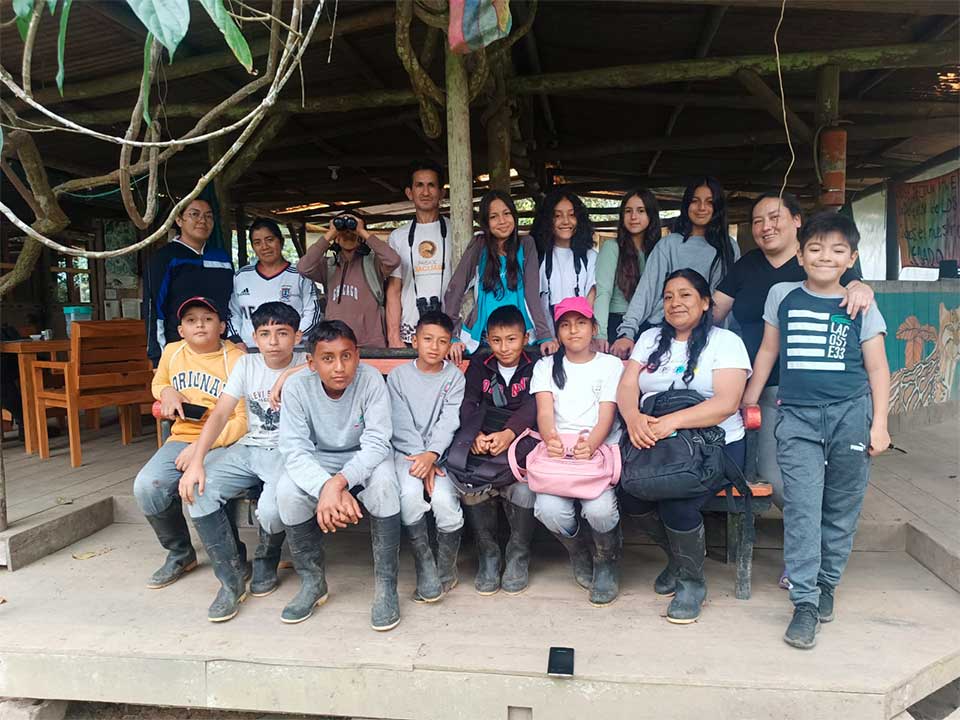
These visits from students are very rewarding to us. We’re convinced that forests complement the learning available in schools by being living classrooms, to better understand the dynamics of nature and Ecuador’s profound biodiversity, threatened species, and strategies for their conservation.
Related post
Since the first months of 2024, CIPBAT—the Los Cedros Scientific Station team—has carried out a dream of our founder Josef DeCoux: make an alliance with the Manduriacos Valley school systems to benefit the children and adolescents of the communities surrounding the Los Cedros Protected Forest (LCPF) with environmental education. Los Cedros’s incredible ecosystem would provide […]
In December 2024, we made a visit to the Santa Lucía Ecological Reserve in Pichincha’s northwestern parish of Nanegal. Including Los Cedros Scientific Station (LCSS) staff and key players from the Manduriacos Valley, we went with the aim of learning more about other conservation projects in northwest Ecuador. Author Monserratte Vásquez
English botanist Tom Wells—a researcher at the Royal Botanic Gardens, Kew (Kew Gardens)—went into the Los Cedros Protected Forest for a few weeks in November to research the Lauraceae family, whose members include plants such as the aguacatillo and cinnamon tree. Lauraceae is of great interest, in part, because this family is widespread throughout Chocó […]


